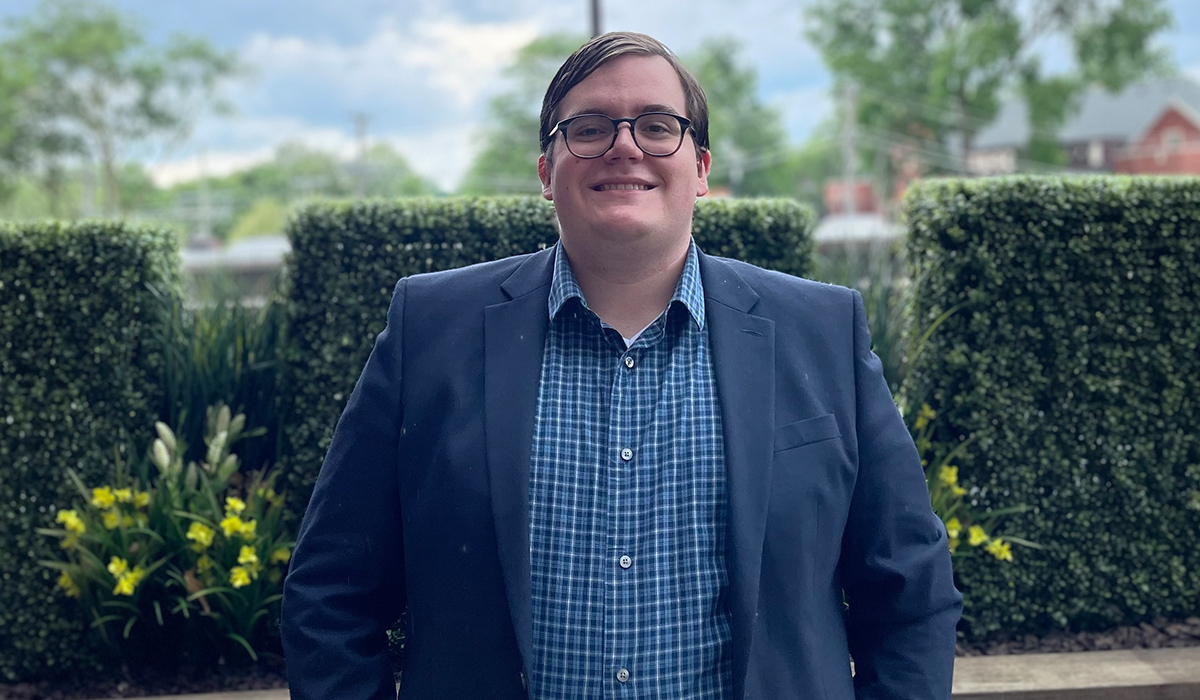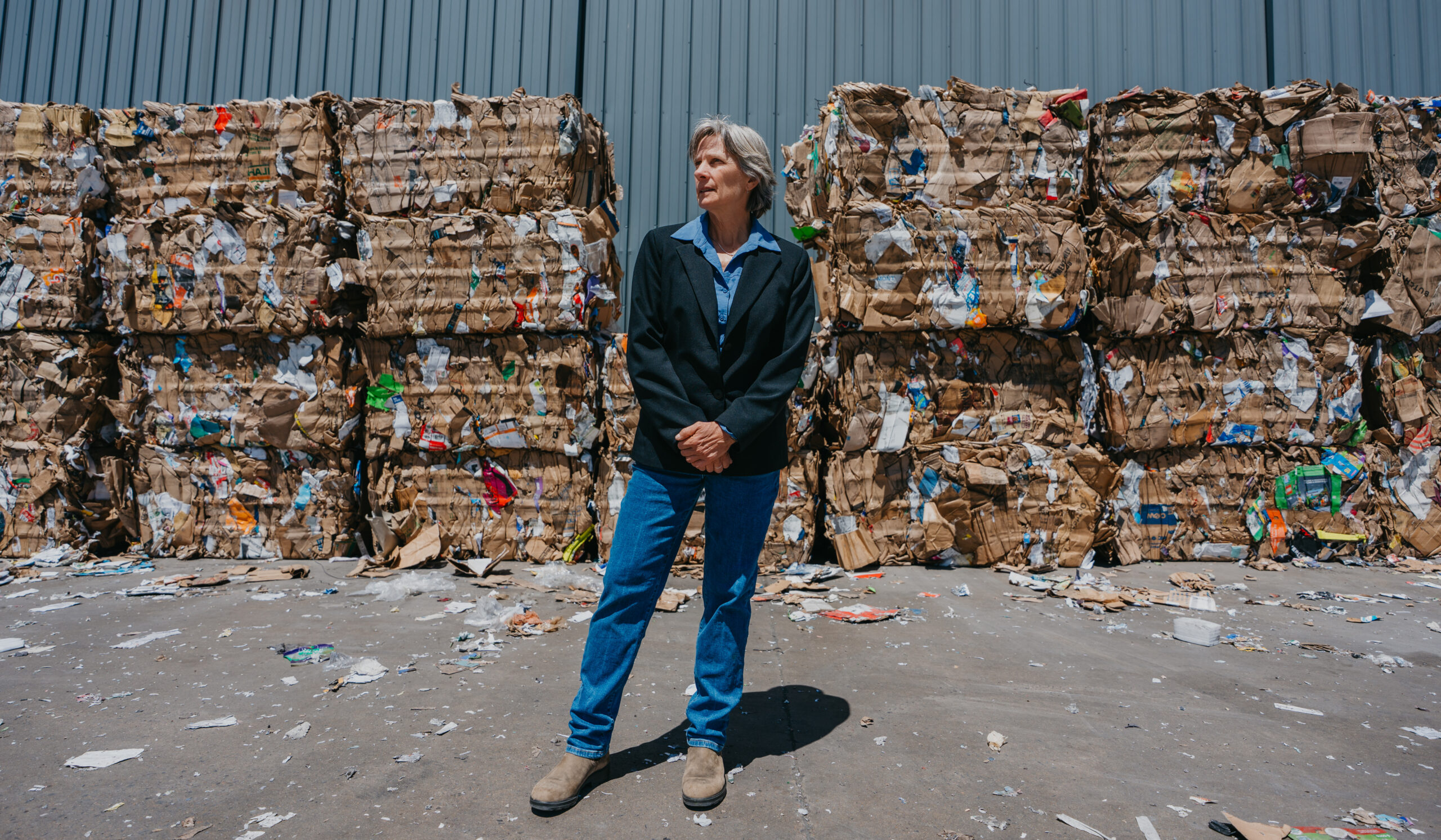When Quinn Nolan was in his first year, he and several of his friends founded the Flint Justice Partnership, a service-oriented student organization that works with local nonprofits and residents in Flint, Michigan, to address the lasting impact of the ongoing water crisis. Nolan, a rising fourth-year student in LSA, is majoring in political science, with a minor in Middle East studies.
Michigan Alumnus gleaned the following in a conversation with him.
GROWING UP in Villa Park, Illinois, Nolan passed much of his time reading history books. “A lot of my interests surrounding what I’ve chosen to study now blossomed out of that initial fascination with history,” he said. In high school, he put his expansive knowledge of history, politics, and geography to the test in Model UN and Scholastic Bowl, activities that provided him with some of his fondest memories of young adulthood.
NOLAN’S FIRST YEAR at the University was transformative. As a member of the Michigan Community Scholars Program (MCSP), he began to volunteer for community service projects and participate in dialogues on social justice. He also made his first significant college friendships in MCSP, including with seniors Michal Ruprecht and Lindsay Miles. The three founded the Flint Justice Partnership (FJP) after being awarded an MCSP Innovation Grant.
THE FLINT WATER CRISIS has largely faded from the national consciousness since the initial scandal involving the discovery of unsafe water quality in January 2015. However, FJP has remained committed to raising awareness of the crisis among U-M students and working directly with community members in Flint.
“One thing we really wanted to do was use the MCSP model of having dialogues and educating students about different topics involving social justice,” Nolan said, adding that education is just the first in a two-pronged approach to enlist volunteers and assist local organizations.
PARTNERING WITH LOCAL ORGANIZATIONS, in fact, is an essential aspect of FJP’s ethos. In Nolan’s view, community service, even when well-intentioned, can sometimes do more harm than good if it is not connected to the articulated needs of the community itself: working alongside local nonprofits such as Crossing Waters and the Food Bank of Eastern Michigan has allowed FJP to foster consistent relationships with local community members and gain a better understanding of the situation on the ground.
AFTER GRADUATION, Nolan wants to continue working in the sphere of social justice, with the goal of enrolling in law school and specializing in civil liberties law. Although he started his college career wanting to become a chemistry and political science double major, he explained that his work with FJP has played a significant role in shaping the trajectory of his future career. “Seeing the government miscarriage of those rights in Flint by not providing clean drinking water to its residents has definitely impacted my desire to make sure that something like that never happens again.”
Alexander Satola is a senior in LSA and a deputy editor for The Statement, the magazine of The Michigan Daily.





